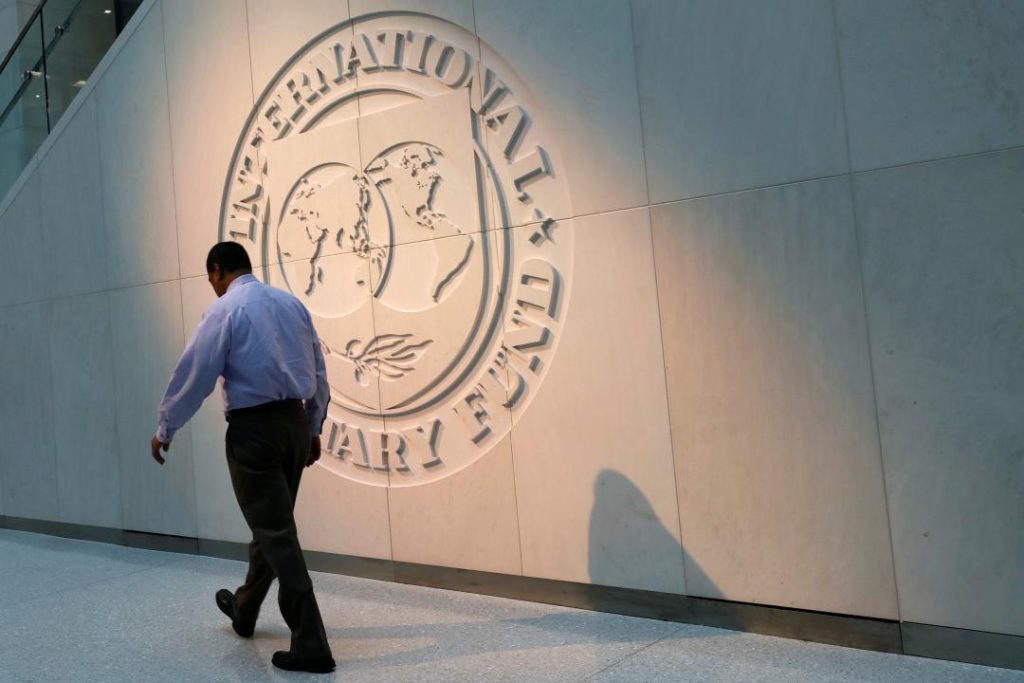
Pak got bailouts in 28 of last 35 years: India as it opposes IMF’s $2.4-bn funding for Pak
India has recently voiced its opposition to the International Monetary Fund (IMF) approving a $2.4 billion bailout package for Pakistan. The country has abstained from voting on the approval of the package, citing Pakistan’s history of receiving IMF bailouts in 28 out of the last 35 years.
According to the Ministry of External Affairs, Pakistan has been relying heavily on IMF bailouts to stabilize its economy, rather than developing a sustainable macro-economic policy environment. In a statement, the ministry noted that in the last five years alone, there have been four IMF programs for Pakistan, which points to a recurring need for financial assistance.
India’s opposition to the bailout package is not without reason. The country has been critical of Pakistan’s lack of progress in implementing economic reforms and its continued reliance on external assistance to stabilize its economy. In fact, the ministry’s statement suggests that if Pakistan had developed a sound macro-economic policy environment, it would not have needed a bailout package in the first place.
Pakistan’s economy has been facing significant challenges in recent years, including a widening trade deficit, high inflation, and a depreciating currency. The country’s foreign exchange reserves have been dwindling, and it has been struggling to meet its debt obligations. In this context, the IMF’s bailout package is seen as a necessary measure to prevent a financial crisis.
However, India’s opposition to the package is based on its concerns about Pakistan’s ability to repay the loan and its impact on the country’s economy in the long run. The ministry’s statement suggests that Pakistan’s repeated reliance on IMF bailouts is a sign of its inability to manage its economy effectively, and that the country needs to focus on developing a sustainable economic model rather than relying on external assistance.
India’s opposition to the IMF’s bailout package for Pakistan is also seen in the context of the ongoing tensions between the two countries. The two countries have a long-standing dispute over Kashmir, and India has been critical of Pakistan’s support for militant groups operating in the region.
In recent years, Pakistan has been facing significant challenges in its relations with the international community, including the US and the European Union, over its lack of progress in combating terrorism and its support for militant groups. The country’s economy has been suffering as a result of these tensions, and the IMF’s bailout package is seen as a necessary measure to prevent a financial crisis.
In conclusion, India’s opposition to the IMF’s bailout package for Pakistan is based on its concerns about the country’s ability to repay the loan and its impact on the country’s economy in the long run. The country has a history of receiving IMF bailouts in 28 out of the last 35 years, and India believes that Pakistan needs to focus on developing a sustainable economic model rather than relying on external assistance.
The country’s repeated reliance on IMF bailouts is a sign of its inability to manage its economy effectively, and India believes that Pakistan needs to take steps to address its economic challenges and develop a more sustainable economic model. The IMF’s bailout package is a necessary measure to prevent a financial crisis in Pakistan, but India’s opposition to the package is based on its concerns about the country’s ability to repay the loan and its impact on the country’s economy in the long run.






